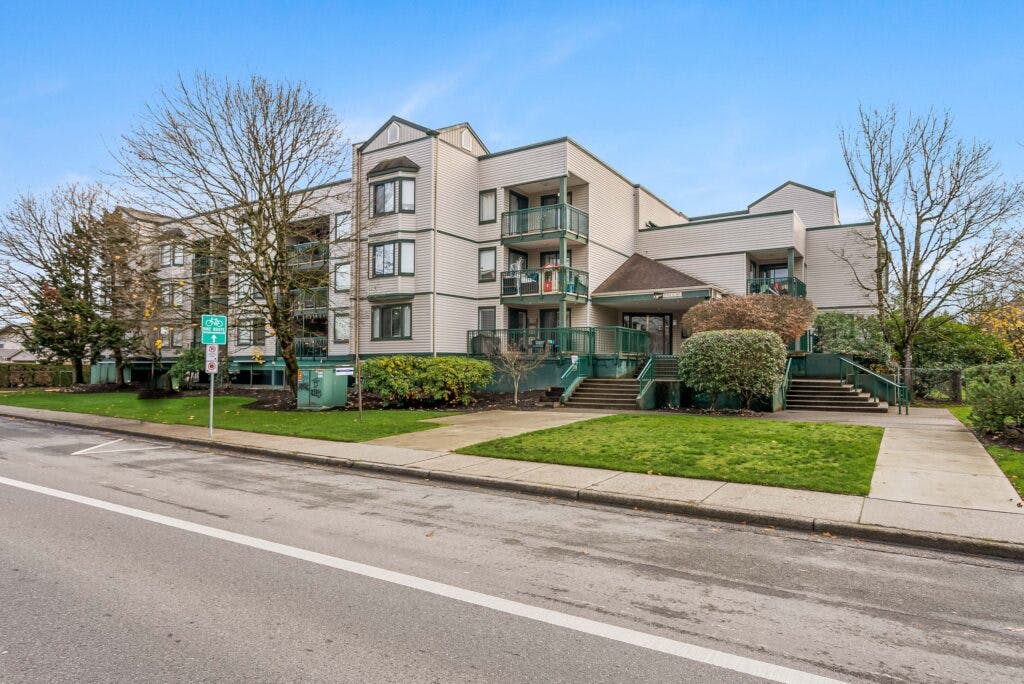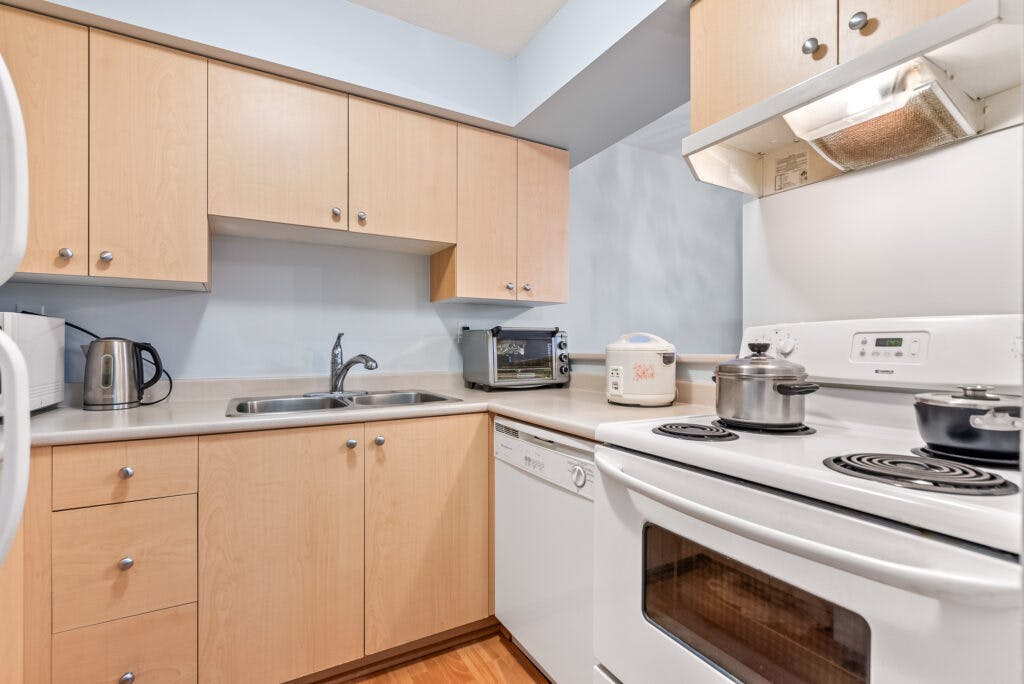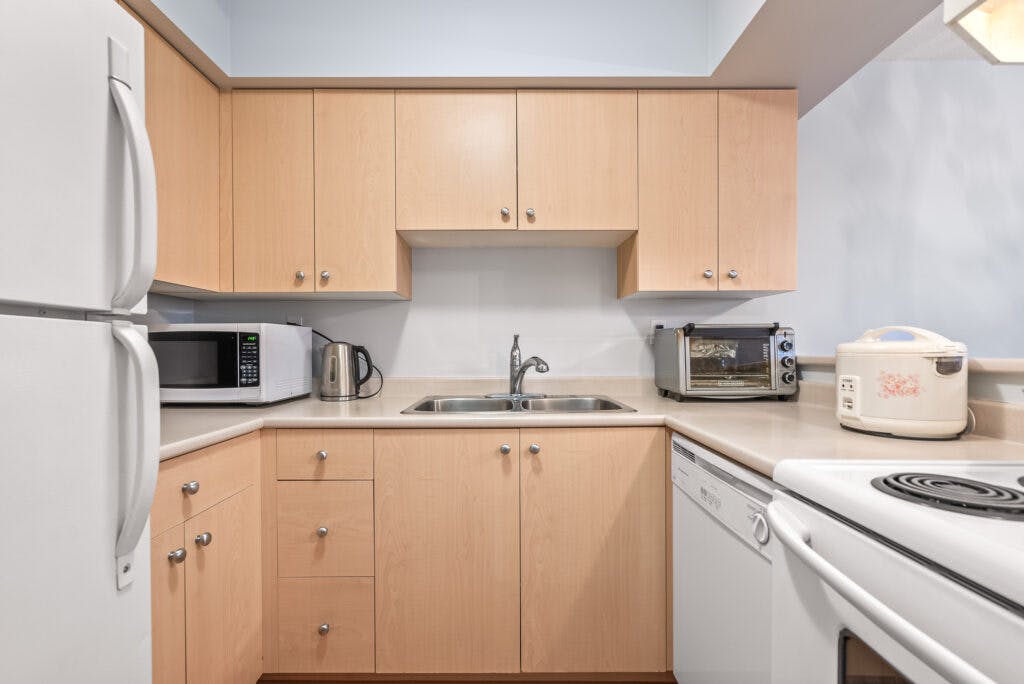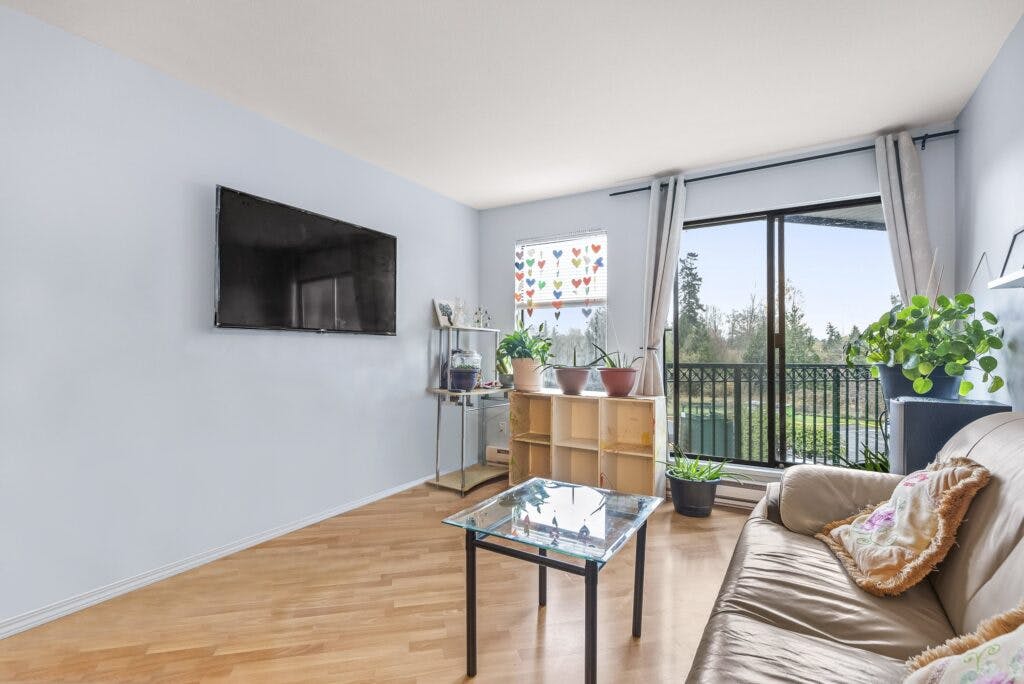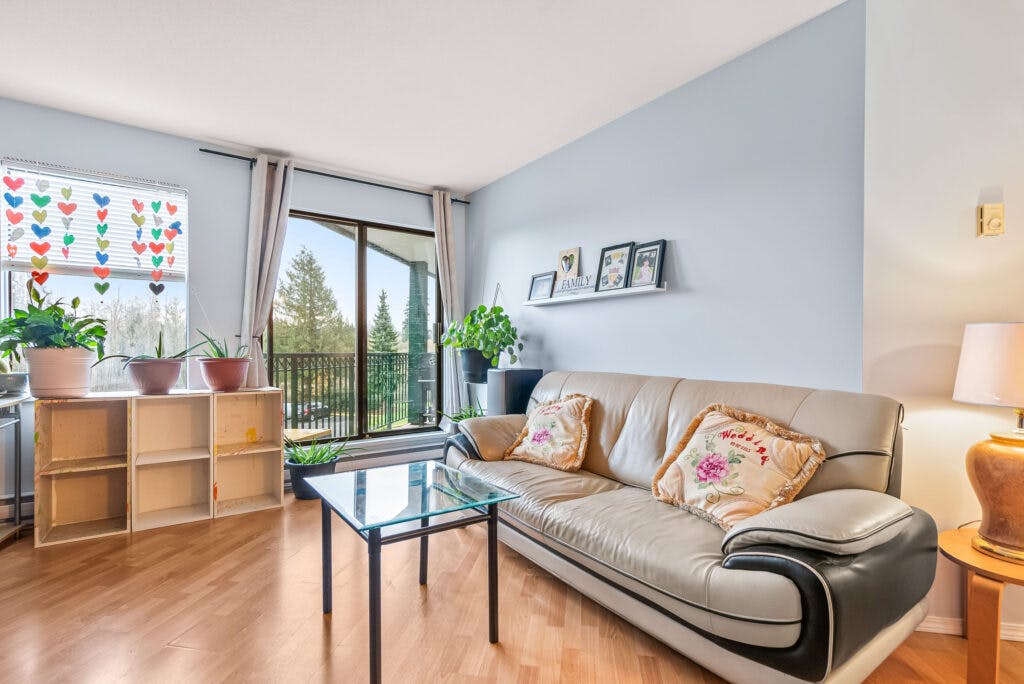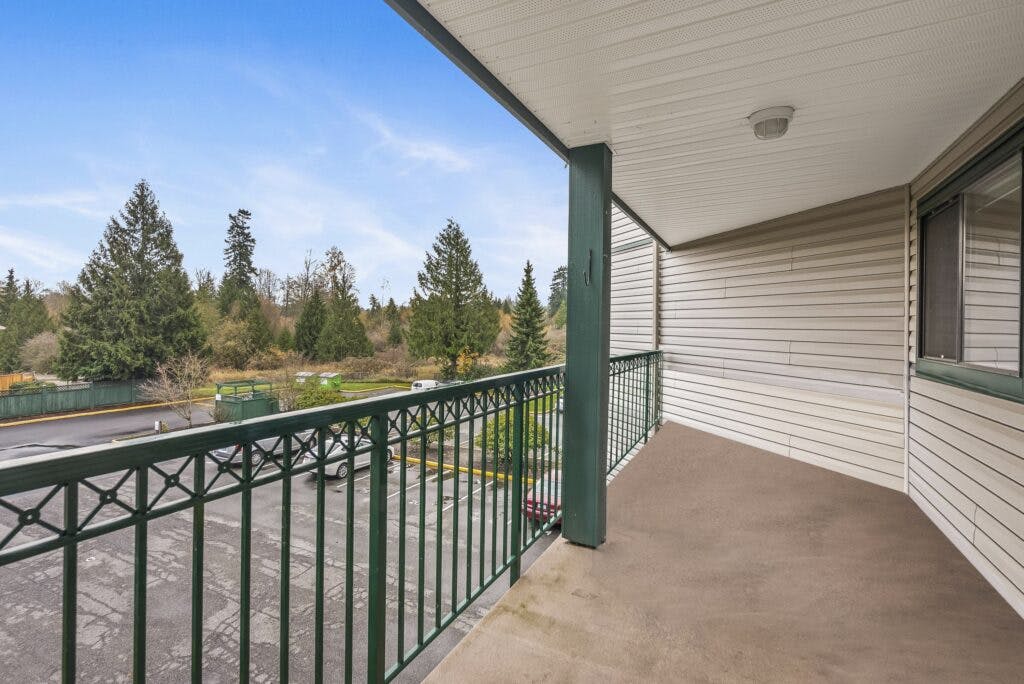When buying a home, most people focus on the property’s physical condition and location. But sometimes, what has happened in or near the home can have a lasting impact on its marketability—regardless of how perfect the house seems otherwise. These properties are known as "stigmatized" properties, and their value can be significantly affected by non-physical events tied to their history.
What Makes a Property Stigmatized?
A stigmatized property is one that has been impacted by an event that affects how buyers perceive it, even though the property itself is in good condition. These events don’t usually affect the property’s structure or use, but they can make it less desirable.
Examples include:
Criminal activity: A home next to a reputed gang member’s house.
Violence or death: A murder, suicide, or other violent crime associated with the property.
Unusual occurrences: The property being rumored to be haunted or previously used for illegal activities.
Although these events don’t change the property’s physical condition, they can deeply affect how buyers feel about living there.
Why Do Stigmatized Properties Lose Value?
The stigma surrounding certain events or circumstances can have a powerful psychological effect on potential buyers. Even if a property is in excellent shape, buyers might not want to live in a home with a violent or unsettling history, particularly if the event was widely publicized. For some, a tragic past might be a dealbreaker, while others might be more open-minded—or even intrigued by the property’s story.
The perception of stigma varies from buyer to buyer. For example, a house with a history of ghost sightings might scare some away, while others may find the supernatural element a unique charm that adds character to the property.
The Subjectivity of Stigmatization
What one buyer finds off-putting, another might see as a selling point. For example, some buyers may be perfectly fine with the fact that a murder occurred in the house, while others might consider it a dealbreaker. This subjectivity makes it challenging to determine whether a property is stigmatized and how it will affect the market value.
This unpredictability also makes it hard to decide whether sellers should disclose these events. After all, revealing the property’s history could lower its value, but keeping it a secret may lead to legal trouble later on.
Legal Considerations
In places like British Columbia (BC) and Ontario, there’s no specific law requiring sellers to disclose stigmatizing events. However, in some areas like the U.S. and Quebec, there are disclosure requirements.
While these laws vary, they highlight the importance of understanding how psychological factors can impact a property’s sale. Even if there’s no legal requirement, sellers should consider how a property’s past might influence potential buyers' decisions.
Conclusion
Stigmatized properties are a reminder that, in real estate, perception can be just as important as physical condition. While the house may be in top shape, its history—whether tied to crime, death, or rumors—can make a significant impact on its value and desirability. Whether you’re buying or selling, understanding the emotional and psychological factors at play is key. After all, what’s considered a "haunted" house to one person might be the dream home for someone else.
Details courtesy of - https://bcrealestatelawyers.com/knowledge-centre/legal-issues-faqs/stigmatized-properties/










